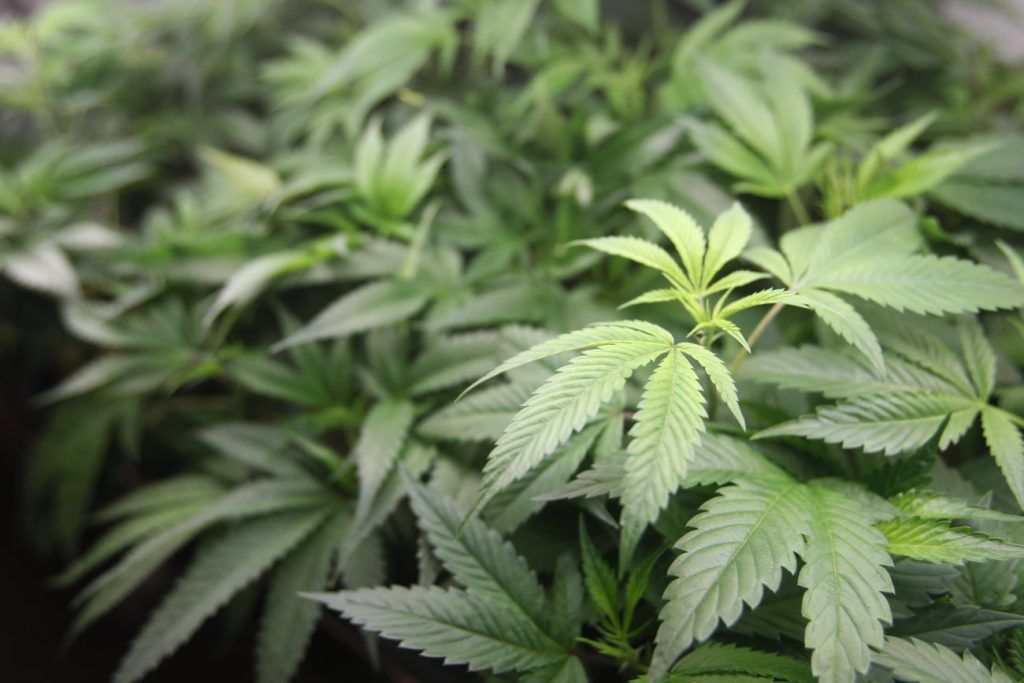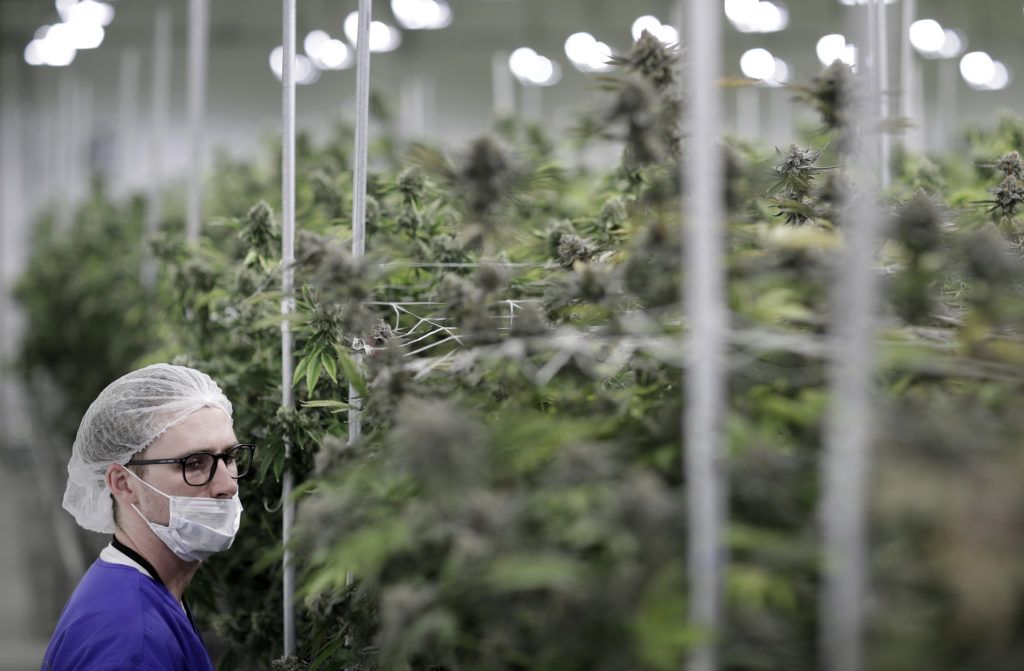So, these blister packs are required by the legislation that Utah politicians passed to replace the voter approved referendum. The referendum, pass by a democratic MAJORITY did not contain such a requirement in addition to all of the other shit that the politicians shoved in there...all the while showing through their actions that they believe that they know better than the people who voted them into office. What fucking joke. If I lived in Utah, I would work tirelessly to oust any state level politician that voted for this abortion of democracy.
"lawmakers replaced it with a bill crafted as a compromise between supporters of the citizen ballot initiative (including the Utah Patients Coalition and the Libertas Institute) and opponents like the Utah Medical Association and The Church of Jesus Christ of Latter-day Saints."
There was a vote. The Utah Medical Association and the Mormon's positions lost. So why give a fuck about what they want. The VOTERS decided.
Talks are underway to change Utah’s unique requirement that marijuana be sold in special blister packs
Medical cannabis advocates have been talking with legislative leaders about getting rid of a requirement that buds and leaves be packaged in "blister packs."
"What we’re looking at is maybe altering the way that blister pack would be, in order to make it specific to how that particular dose would be most efficiently packaged, not cause any impurities, allow it to be given to a dose-specific element with a patient," Senate Majority Leader Evan Vickers, R-Cedar City, told FOX 13 in a recent interview. "There could be some tweaking on how that bubble pack looks, what it looks like and how it’s used."
Desiree Hennessy, the director of the Utah Patients Coalition, which sponsored Proposition 2, said her group had been talking with lawmakers about alternatives. She argued that no other state with cannabis puts the product in blister packs and requiring buds or leaves to be put in them could impact the efficacy of the product.
"They are the medicine. So if you’re sticking that in a blister pack and then heating that up, you are tampering with the effectiveness of the plant," she said.
Hennessy said she preferred tamper-resistant bags or sealed containers that other states use. Sen. Vickers said discussions were underway, but cautioned that no agreement has been reached.
"We have some discussions, but there’s also a lot of resistance to that, too. I know that we would like to go down a road where those can be as tightly unit dose medication as possible, so dose-specific medication," he said. "And that’s a little bit hard to do with cannabis, especially with the bud and leaf. We’ll see how that turns out.
When voters approved Prop. 2, which legalized medical marijuana last year, lawmakers replaced it with a bill crafted as a compromise between supporters of the citizen ballot initiative (including the Utah Patients Coalition and the Libertas Institute) and opponents like the Utah Medical Association and The Church of Jesus Christ of Latter-day Saints.
That bill set in place a number of strict control measures, including requirements that the marijuana bud be placed in blister packs. Edible marijuana would be in cube-shaped gummy form only (and Sen. Vickers said there was no plans to change that). The state was also creating a dispensary network that required county health departments to dispense medical cannabis to qualifying patients.
The state-run dispensary network is expected to be done away with after the Davis and Salt Lake County attorneys
told FOX 13 they were recommending against their local health departments distribute marijuana out
of fear government workers could face federal drug charges. A special session of the legislature
to fix that could take place later this month.
"Where these issues have come from is our agencies start to try to implement the program and meet those deadlines and, 'Hey, we’ve run up against this. How do we solve it?' So it’s been a pretty collaborative opportunity," Sen. Vickers said.
A bill on any packaging changes would not be considered until the 2020 legislative session in January.
"Blister packs were the result of an effort to solve two concerns by Prop 2’s opponents: consistent dosing and distinguishing between 'street marijuana' and cannabis purchased legally," Connor Boyack with the Libertas Institute, who negotiated the compromise bill, told FOX 13 in a text.
"I don’t think anyone is a fan of the specific concept we landed on, and in the time since we have been kicking around some alternative approaches that are more patient-friendly and cost-effective, and that still solve those two concerns. I’m optimistic we’ll get agreement on a new direction by the time January comes."
The Senate Majority Leader believed that a working medical cannabis program would be running by March 2020.
"We’re still on track to meet that March 1 deadline. Is it going to be completely 100% ramped up on day one? No," he said. "It’s going to take a little bit to ramp up."
The state is being sued by two medical cannabis advocacy groups. Together for Responsible Use and Cannabis Education (TRUCE) and the Epilepsy Association of Utah argue the replacement bill is not what voters wanted. They have also argued that the state's program was essentially a government-run drug cartel. The lawsuit is currently pending in federal court. They have asked for Prop. 2 to be implemented in full.
"Over-packaging is a real problem in the cannabis industry. Unnecessary packaging, like the mandatory blister packs for cannabis flower, serve little purpose but drive up cost and destroy the delicate trichomes that rest on the surface of the flower," TRUCE founder Christine Stenquist said in a statement.
"Forcing this botanical into a pharmaceutical model it's not designed for, is akin to, expecting a fish to climb a tree and insisting it's possible if we just fashion it with legs. Both Prop. 2 and the replacement bill addressed public safety concerns with a flower limit. All dispensaries track how much you can buy, so the patient-consumer can't go over the legal limit. So, the right question is, which special interest is this regulatory redundancy designed to profit?"
Still, some medical cannabis advocates are optimistic about the direction the program has started to take. Asked if it appeared the Utah State Legislature was moving toward what Prop. 2 originally envisioned, Hennessy said she believed lawmakers were listening to the concerns of patient advocates.
"The whole point of our initiative was to get the attention of the legislative body and that’s what it did," she said. "Now, we’re working together to get patients access and so yeah, we are going back to Prop. 2 -- or more like it -- and that’s wonderful."






